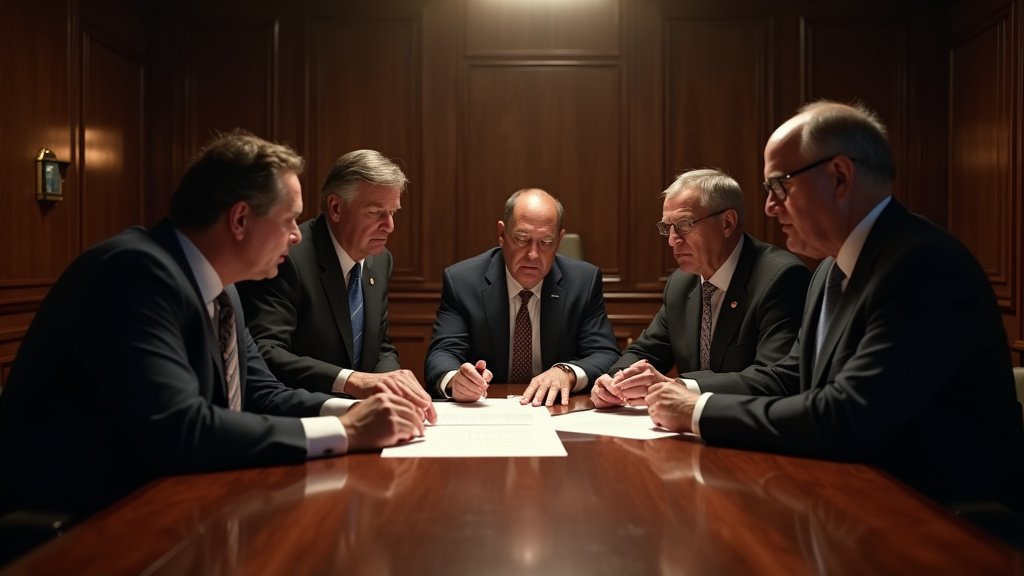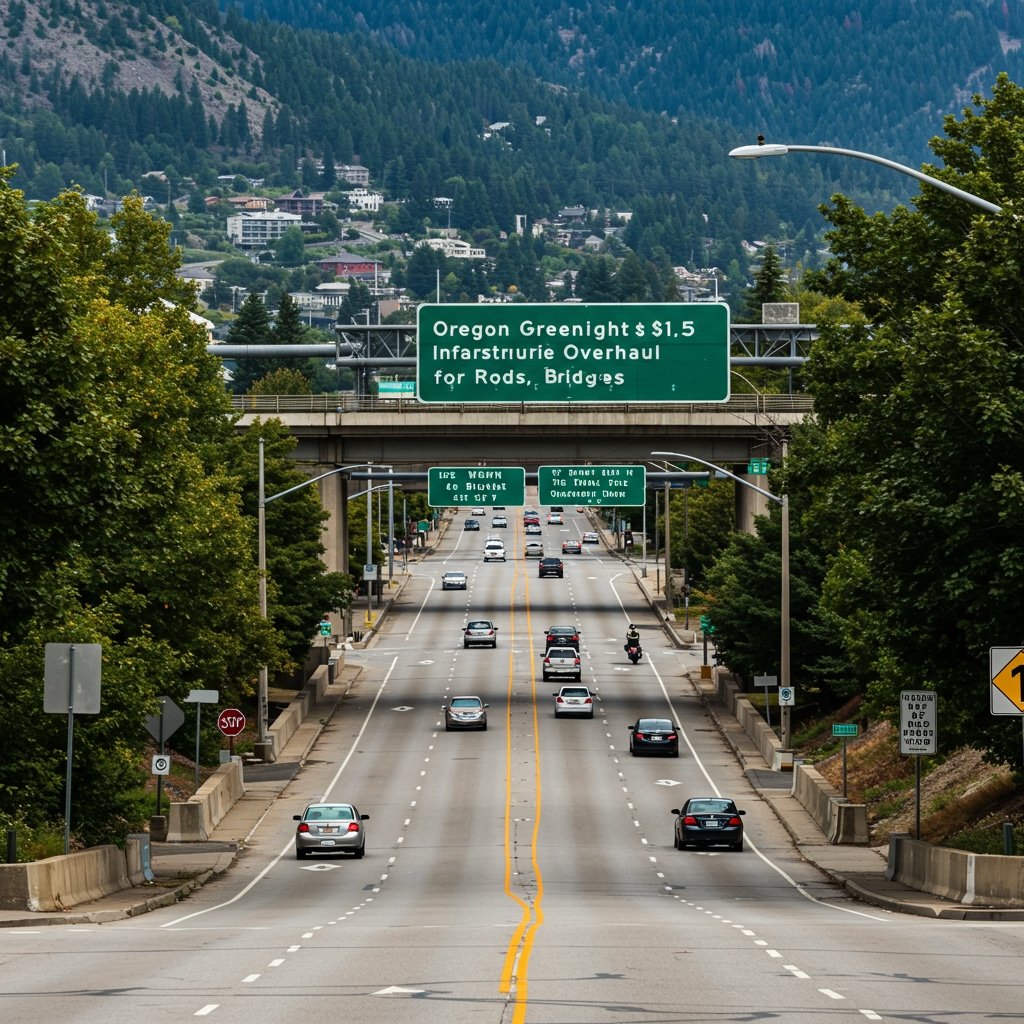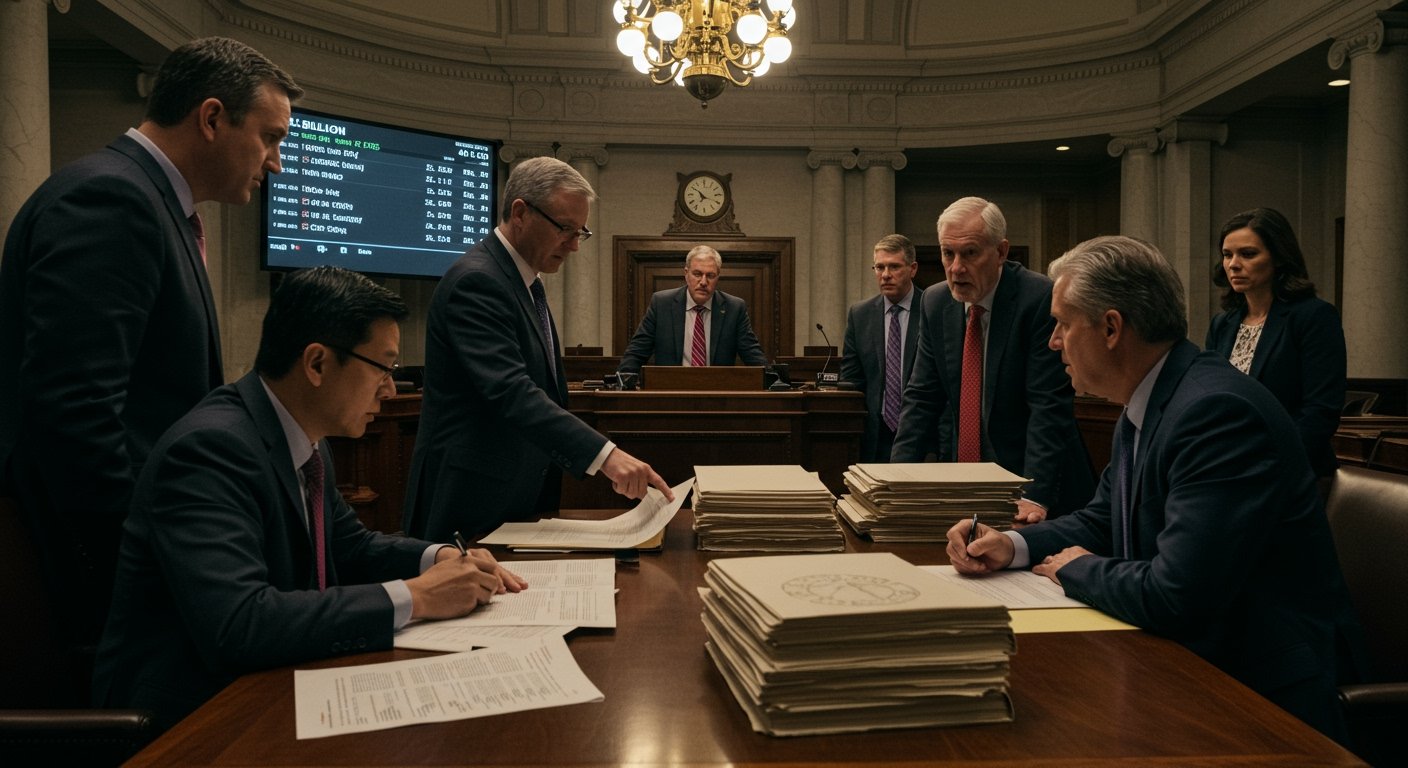Oregon’s Government Ethics Commission is navigating a complex landscape concerning public officials’ adherence to open meeting laws, prompting discussions about potential legislative action and the need for further policy refinement. Leaders within the commission have openly acknowledged a significant gap in clarity regarding their newly empowered ability to ensure that public officials conduct governing decisions exclusively in the presence of constituents.
This ambiguity, according to commission officials, leaves room for future legislative intervention or additional interpretive guidance from the commission itself to define the boundaries of this authority. The commission’s recent advisories to local governments highlight the nuanced application of these rules.
Salem City Council Receives Guidance on Public Meetings
In a notable instance, the commission provided specific guidance to members of the Salem City Council. The advice clarified that council members are permitted to attend neighborhood association meetings and engage with the media. This clarification came in the wake of an initial state ethics investigation that scrutinised the city’s leadership. The investigation had previously found that the mayor and city councilors had engaged in an illegal serial meeting prior to the resignation of a city manager.
A serial meeting, as defined in public meeting laws, occurs when a quorum of a governing body gathers in separate, smaller groups to discuss public business, thereby circumventing the requirement for these discussions to be held in open session with public notice.
Concerns Over ‘Chilling Effect’ on Discourse
The commission’s increased focus on ensuring transparency in official decision-making processes has, however, raised concerns among some elected officials about a potential ‘chilling effect’ on legitimate, informal discussions. State Representative Kevin Mannix has voiced apprehension that the current environment might discourage necessary, casual conversations among colleagues for fear of inadvertently violating public meetings requirements.
Representative Mannix has specifically requested that the commission pause its enforcement activities to allow for further legislative clarity on the matter. His concern centers on the possibility that overly strict or ambiguous interpretations of the law could stifle productive dialogue essential for effective governance. The intent, he argues, is to ensure that elected officials can engage in necessary discussions without the constant threat of regulatory scrutiny for minor procedural missteps.
Future Direction for Ethics Commission Policies
The Oregon Government Ethics Commission is now at a crossroads, balancing the imperative of public transparency with the practical realities of governance. The acknowledgment of insufficient clarity suggests an ongoing effort to refine its own interpretations and potentially collaborate with the legislature to establish more concrete guidelines. This situation underscores the ongoing evolution of public meeting laws and the commission’s role in upholding them.
The commission’s recent editorial stance and the ongoing dialogue with lawmakers will be crucial in shaping future policies. The news from Oregon indicates a period of adjustment, where the precise boundaries of public access versus the practical needs of elected officials’ communication are being actively debated and redefined. This developing situation warrants close observation as new precedents and regulations take shape, impacting how public business is conducted across the state and setting a potential example for other jurisdictions grappling with similar challenges in the digital age of communication.




